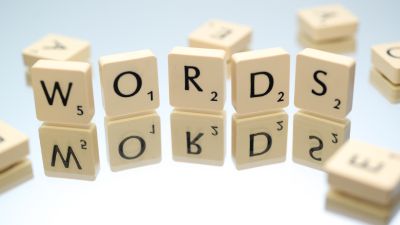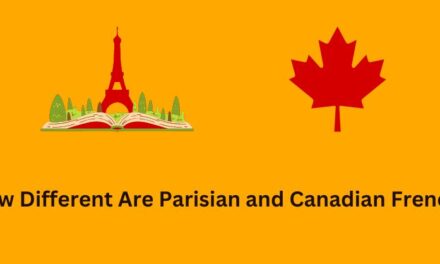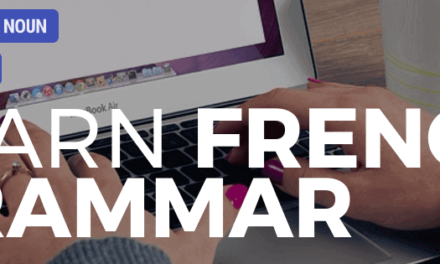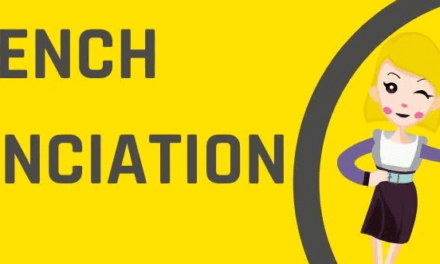10 Better Ways to Learn French Vocabulary Without Boring Lists
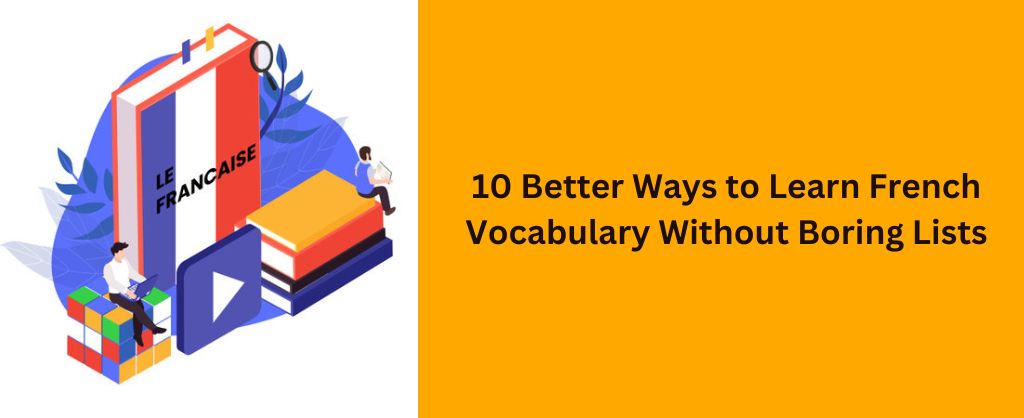
Learning French can seem daunting, especially when it comes to building your vocabulary.
Many learners turn to endless vocabulary lists and flashcards in hopes it will help them memorize all the French words they need to know. But this approach often leads to frustration, as the lists are dull and it’s hard to retain so many words.
The truth is, vocabulary lists on their own are pretty useless for creating long-term vocabulary growth. There are much better ways to learn French vocabulary efficiently.
In this article, we’ll explore why vocabulary lists don’t work and give suggestions for more effective vocabulary learning strategies.
Why Vocabulary Lists Alone Don’t Work
There are several reasons why vocabulary lists are ineffective for true French fluency:
They Lack Context
Vocabulary lists often contain French words in isolation, without any sentences or context around them. But context is crucial for really cementing words in your long-term memory.
Seeing words used properly in sentences and conversations reinforces their meanings much more than a list of lone words.
There’s No Story or Meaning
Lists are inherently boring. They don’t contain any narrative, emotion, or personal meaning to connect you to the words.
Research shows that when you engage your brain’s storytelling capabilities along with vocabulary, you retain words better. But plain vocabulary lists lack any storytelling element.
How Different Are Parisian and Canadian French?
Too Much Rote Memorization
Trying to learn vocabulary from lists often involves dull rote memorization of word translations. But this leads you to forget words quickly after memorizing them. Rote memorization alone usually doesn’t create lasting vocabulary gains.
They Ignore How Your Brain Learns
Our brains learn best with variety, personal connection, context, and incremental growth over time.
Vocabulary lists tend to be very repetitive, disconnected from your life, lack contextual examples, and try to force hundreds of words at once. This goes against how your brain wants to learn.
No Recall Practice
Just because you recognize a French word doesn’t mean you can use it yourself yet. Vocabulary lists allow passive recognition of words but don’t force you to practice recalling words to build your French production skills.
So in summary, vocabulary lists on their own lack key elements needed for effective vocabulary building.
But what methods should you use instead?
Better Ways to Learn French Vocabulary
Here are some highly effective methods for learning French vocabulary efficiently:
1. Learn Words From Context
Instead of memorizing lists of word translations, learn new French words from sentences, conversations, news articles, stories, videos, and other rich context.
Seeing how words get used in real French helps you understand their various meanings and nuances much better. Focus on getting lots of French comprehensible input.
2. Use Spaced Repetition
Spaced repetition systems like Anki flashcards leverage the brain’s way of remembering over time.
They introduce new words gradually and then quiz you on them more frequently at first, and less frequently later after your memory strengthens. This builds strong long-term retention.
3. Focus on High Frequency Words
Make sure to learn the most common French words first before obscure ones. The 500-1000 most used words make up a huge chunk of everyday French.
Focusing on building them up first will provide the biggest bang for your buck. Sites like French Frequency Dictionaries can help.
4. Learn Words of Personal Interest
Choose some French vocabulary around your hobbies, career, daily life, favorites, and other personal interests/passions.
When you learn words related to topics you’re invested in, it sticks better. Make custom word lists and flashcards about your unique interests.
5. Learn Words for Your Next Trip
If you’re traveling to a French-speaking location soon, make some custom word lists for your trip like food vocabulary, sightseeing terms, directions, travel verbs, and other location-specific phrases.
When words are tied to an upcoming experience, you’ll remember them better.
6. Associate Words with Pictures and Stories
Tie visual stories and associations to new French words to make them more memorable. For example, visualize someone “glissant” (sliding) down a waterslide to remember that verb.
Come up with little mental movies for new words using your imagination.
7. Play Vocabulary Games
Instead of boring lists, try fun French vocabulary games like Quizlet, Memrise, Clozemaster, and more.
Mixing learning with interactive games helps words stick better than just rote memorization. Games also provide built-in recall practice.
8. Listen a Lot
The more French input from videos, music, podcasts, shows, etc that you listen to, the more vocabulary you’ll absorb from hearing words used repeatedly in context. This “incidental” vocabulary pickup from listening is powerful.
9. Read French
Likewise, keep reading French articles, books, news, comics, and other texts. The more you read, the more French words will become familiar from seeing them used properly in text. Reading boosts vocab intake.
10. Get a Language Parent
Find either an exchange partner from a French-speaking country or an expert French speaker to be a “language parent” for you. Then meet to chat in French about everyday topics. This contextual real-life practice helps word usage stick.
Key Takeaways for French Vocabulary Growth
Here are some core concepts to keep in mind as you build your French vocabulary:
- Focus on vocabulary growth through comprehensible input, not memorization alone. Hearing and reading words repeatedly in context is what drives long-term acquisition.
- Go for a “wide” approach learning common, everyday French words from context as opposed to a “narrow” approach targeting obscure words.
- Use smart flashcard systems that leverage spaced repetition and active recall testing, not passive lists.
- Make vocabulary learning more personalized and tied to your real-life interests and upcoming needs to spark retention.
- Mix up your learning with French vocabulary games, images, stories, and associative techniques rather than plain memorization.
- Mine the vocabulary you want to learn from authentic French materials that you find interesting, not dull manufactured word lists.
- Be patient: lasting vocabulary gains accumulate over time through repeated context exposure, not overnight with lists.
By shifting away from vocabulary lists and instead using smarter context-based methods focused on frequency and personalization, you can master French vocabulary efficiently and permanently.
Focus on getting comprehensible input and having fun with vocabulary, rather than rote memorization. Your French fluency will grow much faster.

